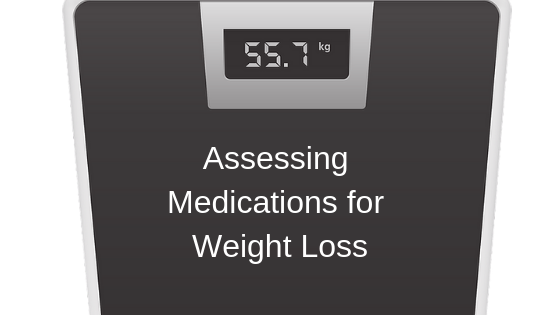Weight loss is a challenging problem in geriatrics and can be multifactorial. There are numerous disease states that can cause weight loss and we often rely on our physician colleagues to be on the top of their game when it comes to identifying those. Common diseases that might contribute to weight loss include; cancer, infections, bowel/digestive conditions and hyperthyroid. But I love pharmacy and medication related problems.
Weight Loss Med Review
As a pharmacist I’m going to review the medication list and assess if any of these might be causing the weight loss or at least making it worse. This is a 78 year old male. His current medications include;
Tamsulosin
Finasteride
Digoxin
Metoprolol
Lisinopril
Omeprazole
Valproic acid
Paroxetine
Norco as needed
Levothyroxine
Acetaminophen
30 pounds in 3 months is pretty significant. I would likely suspect this is more of disease process, but looking at the medication list, there are two that immediately jump out to me as possible contributors.
Digoxin is the first medication I would look at. Remember that worsening kidney function can lead to accumulation of the drug and potential toxicity. Weight loss, poor appetite and nausea and vomiting are common with toxicity. Checking a digoxin level, assessing dose, and asking the patient about how they are taking the medication would be important factors to consider for me.
The other medication I would look at is the levothyroxine. Has the dose changed recently? Simply getting some thyroid labs would help us assess this to see if the supplemental dose is appropriate would be the first initial step.
I wouldn’t suspect many other medication contributing to weight loss in this scenario. All of the other drugs would likely be weight neutral or weight positive. Paroxetine and valproic acid are two drugs that I have certainly have seen contribute to weight gain. Here’s a interesting case study on valproic acid.
Rarely, I have seen chronic cough contribute to some weight loss and this patient is on an ACE Inhibitor (check out this pharmacology podcast on ACE’s). It’s an outside thought, but it wouldn’t hurt to review the subjective symptoms with this patient as it might help tease out a diagnosis.



0 Comments